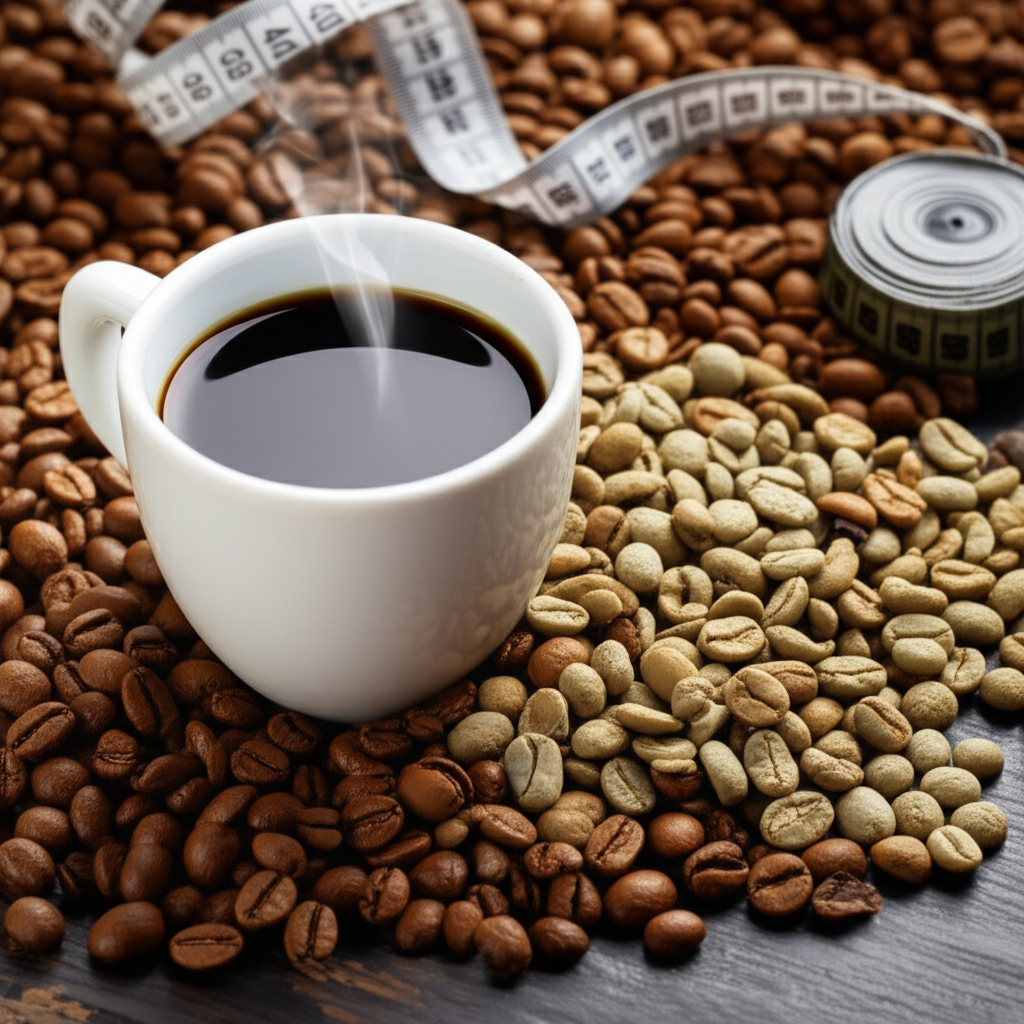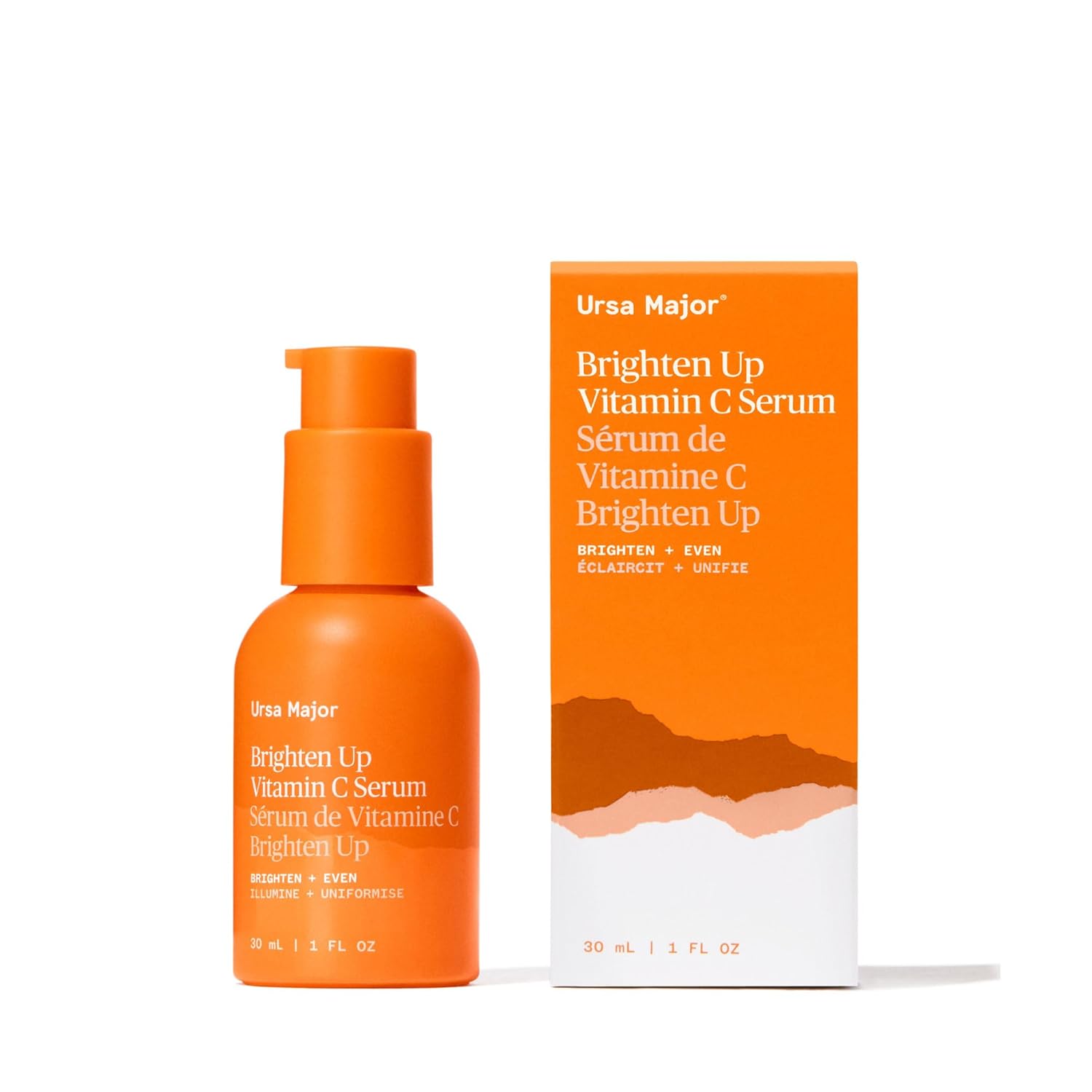What Coffee Is Good For Weight Loss: A Proven Fuel for Your Best Body
Yes, certain types of black coffee can be excellent fuel for weight loss by boosting metabolism and suppressing appetite. Adding minimal healthy fats or spices can enhance its benefits without adding significant calories, making it a smart, simple choice.
Do you ever look in the mirror and wish those extra pounds would just vanish? You’ve tried dieting, working out, and skipping meals—but nothing seems to stick. It’s frustrating, I know! Many of us dream of a simpler way to shed those stubborn kilograms without feeling deprived or overwhelmed. What if I told you one of your favorite morning rituals could actually be your secret weapon? That’s right, your daily cup of coffee might be doing more for you than you think. Let’s dive into how you can make your coffee a powerful partner in your weight loss journey.
Understanding How Coffee Aids Weight Loss

Coffee, in its purest form, is surprisingly capable of giving your weight loss efforts a significant nudge. It’s not magic, but a clever combination of its natural compounds that work wonders. The star player here is caffeine, but there’s more to the story.
Caffeine: The Metabolism Booster
Caffeine is a natural stimulant found in coffee beans. When you consume caffeine, it can increase your metabolic rate, meaning your body burns more calories even at rest. Studies have shown that caffeine can boost resting energy expenditure by a notable amount. Think of it as giving your body’s internal furnace a gentle, consistent boost.
For instance, a study published in the Journal of Human Nutrition and Dietetics found that caffeine intake can increase thermogenesis (the body’s heat production) and fat oxidation (the breakdown of fat for energy). This means that with regular, moderate caffeine consumption, you might burn more calories throughout the day, contributing to a calorie deficit essential for weight loss.
Appetite Suppression and Cravings
Beyond revving up your metabolism, caffeine can also help curb your appetite. It does this by affecting certain hormones in your body that regulate hunger, like ghrelin and peptide YY. By temporarily reducing feelings of hunger, coffee can help you eat less, especially during your main meals.
This was highlighted in research from the University of Texas Health Science Center at Houston, which suggested that caffeine consumption might lead to reduced food intake in subsequent meals. This can be a game-changer for those who find themselves snacking unnecessarily between meals or overeating because of intense hunger pangs.
Energy Boost for Workouts
Coffee, especially when consumed before exercise, can significantly enhance your physical performance. The caffeine helps release adrenaline, preparing your body for intense physical exertion. This increased energy means you can push yourself harder during workouts, burn more calories, and build more muscle – all vital components of effective weight loss.
Athletes and fitness enthusiasts often use pre-workout caffeine for precisely this reason. A well-fueled workout session, powered by a cup of coffee, can lead to better results and a more satisfying exercise experience. This could mean longer cardio sessions or more challenging strength training routines.
What Kind of Coffee Is Best for Weight Loss?
Not all coffee is created equal when it comes to supporting your weight loss goals. The key is to stick to the basics and avoid the calorie-laden additions that can quickly turn a healthy beverage into a dessert.
Black Coffee: Your Primary Choice
Plain black coffee is the undisputed champion for weight loss. It’s virtually calorie-free and delivers all the metabolic and appetite-suppressing benefits of caffeine without any added sugars or fats. Whether it’s drip coffee, French press, or pour-over, as long as it’s just coffee and water, you’re on the right track.
Think of Sarah, a busy mom of two, who told me she’d always start her day with a large latte loaded with syrup and cream. “I loved it, but I knew it wasn’t helping my waistline,” she said. When she switched to a simple black coffee in the morning and a smaller black Americano in the afternoon, she noticed a difference. “I felt more alert, my usual mid-morning snack craving disappeared, and honestly, I just felt lighter,” she shared. It was a simple change, but it made a significant impact.
Avoid Sugary Additives and Creamers
This is where many people unknowingly sabotage their weight loss efforts. Flavoured syrups, sugary creamers, whipped cream, and even excessive amounts of milk can add hundreds of calories and grams of sugar to your coffee. A 16-ounce caramel macchiato from a popular coffee chain, for example, can contain over 300 calories and 60 grams of sugar!
Imagine pouring this into your morning routine daily. Over time, those extra calories add up quickly, counteracting any metabolic benefits from the coffee itself and hindering your weight loss progress. It’s like trying to run a race with weights tied to your ankles!
Exploring Healthy Enhancements
If black coffee is a bit too bold for your taste, there are ways to make it more palatable without derailing your goals. The trick is to opt for calorie-free or very low-calorie additions, and focus on natural flavors.
- Spices: A dash of cinnamon, nutmeg, or even a hint of cocoa powder (unsweetened) can add flavor without calories. Cinnamon, in particular, has been studied for its potential to help regulate blood sugar levels, which can indirectly aid weight management.
- Unsweetened Plant-Based Milks: Opt for unsweetened almond milk, soy milk, or oat milk in moderation. These typically contain far fewer calories and carbohydrates than dairy milk or sweetened creamers. Always check the label for added sugars.
- Natural Sweeteners (in moderation): If you absolutely need a touch of sweetness, consider a tiny amount of stevia or monk fruit sweetener, which are zero-calorie natural sweeteners. However, the goal is to gradually reduce your reliance on sweetness altogether.
- MCT Oil: For those following a ketogenic or low-carb diet, a small amount of MCT (medium-chain triglyceride) oil can be added. MCTs are fats that are quickly absorbed and used for energy, potentially enhancing satiety and boosting metabolism. However, use sparingly as even healthy fats are calorie-dense.
How to Incorporate Coffee into Your Weight Loss Plan: Step-by-Step
Ready to make your coffee a weight loss ally? It’s simpler than you think. Here’s a straightforward guide to help you integrate coffee effectively into your lifestyle.
Step 1: Choose Your Brew Wisely
Start with high-quality, whole coffee beans. The origin and roast level are personal preferences, but focus on freshness. Grinding your beans just before brewing can significantly enhance the flavor and aroma, making black coffee more enjoyable.
Practical Tip: Invest in a good grinder and brew your coffee at home. This gives you complete control over what goes into your cup, eliminating hidden sugars and fats found in many pre-made or cafe drinks.
Step 2: Master the Black Coffee Habit
Commit to trying black coffee for at least a week. See how your body feels. You might be surprised by how quickly you adapt. If it’s too bitter initially, try diluting it slightly with a little hot water (making it an Americano).
Real-life example: Mark, a software engineer, found his afternoon slump tackled by a bitter black coffee. “I used to drown it in milk and sugar. But once I switched to just black coffee, I noticed I was more focused in the afternoons, and I stopped reaching for that bag of cookies around 3 PM,” he explained. He gradually started to appreciate the clean, focused energy it provided.
Step 3: Add Healthful Enhancements Sparingly
If black coffee isn’t your favorite, start with the healthiest additions first. Begin by adding a pinch of cinnamon or a splash of unsweetened almond milk. Gradually reduce any sweetness if you’re using natural sweeteners.
Visual Suggestion: An infographic showing “Coffee Calorie Comparison: Black vs. Creamy Mocha” would be highly effective here, illustrating the stark difference in calorie counts.
Step 4: Timing Is Key
For maximum benefit, drink your coffee about 30-60 minutes before a workout to leverage its energy-boosting effects. Also, avoid coffee too close to bedtime, as it can interfere with sleep, which is crucial for weight management and overall health. Aim to finish your last caffeinated beverage at least 6-8 hours before you plan to sleep.
Step 5: Listen to Your Body
Everyone reacts differently to caffeine. Pay attention to how coffee affects your energy levels, sleep patterns, and digestion. If you experience jitters, anxiety, or stomach upset, reduce your intake or consider a lower-caffeine option like green tea in the afternoon.
Sample Weekly Coffee Plan for Weight Loss
Here’s a flexible plan to help you integrate coffee into your week. Remember, this is a template; adjust it based on your personal schedule and preferences.
| Day | Morning Coffee (Approx. 9 AM) | Afternoon Coffee (Optional, Approx. 2 PM) | Notes |
|---|---|---|---|
| Monday | 1 cup Black Coffee | 1 cup Black Coffee (~8 oz) | Start the week strong and focused. |
| Tuesday | 1 cup Black Coffee with a dash of Cinnamon | N/A | Cinnamon adds flavor and potential blood sugar benefits. |
| Wednesday | 1 cup Black Coffee | 1 cup Black Coffee with 1 oz Unsweetened Almond Milk | Introduce a touch of the creamy texture naturally. |
| Thursday | 1 cup Black Coffee with Nutmeg | N/A | Experiment with different spices for variety. |
| Friday | 1 cup Black Coffee | 1 cup Black Coffee (~8 oz) | Energize for your pre-weekend workouts. |
| Saturday | 1 cup Black Coffee or Americano | N/A | Enjoy a relaxed morning brew. |
| Sunday | 1 cup Black Coffee with a tiny pinch of natural sweetener (optional) | N/A | Practice mindful enjoyment and reducing sweetness. |
Important Considerations for Your Coffee Habit
While coffee can be a great tool, it’s not a magic bullet. It works best when combined with a balanced diet and regular physical activity. Remember these crucial points:
- Hydration is Key: Coffee is a diuretic, meaning it can cause you to lose fluids. Ensure you’re drinking plenty of water throughout the day to stay properly hydrated. Aim for at least 8 glasses of water daily.
- Quality Matters: Opt for organic, fair-trade coffee when possible. This not only supports sustainable farming practices but also ensures your coffee is free from pesticides and chemicals that could be detrimental to your health. Look for Certified Organic seals.
- Listen to Your Body: As mentioned, caffeine sensitivity varies. If you feel unwell after drinking coffee, reduce the amount or switch to decaf or other beverages like green tea. Overconsumption can lead to anxiety, insomnia, and digestive issues. For instance, the Mayo Clinic advises limiting daily caffeine intake to around 400 milligrams, which is about four cups of brewed coffee.
- Coffee and Diet: Coffee should complement, not replace, healthy eating. Focus on whole foods, lean proteins, and plenty of fruits and vegetables. Your coffee habit should support sensible eating, not be an excuse for unhealthy choices.
- Sleep is Non-Negotiable: Adequate sleep (7-9 hours per night) is vital for hormone balance, appetite regulation, and muscle recovery. Avoid caffeine late in the day to protect your sleep quality. The National Sleep Foundation emphasizes the link between sleep deprivation and weight gain.
Coffee Alternatives for Weight Loss (If Coffee Isn’t For You)
If you’re sensitive to caffeine, dislike coffee, or simply want to explore other options, these beverages can also support your weight loss goals:
- Green Tea: Rich in antioxidants called catechins, particularly EGCG, which has been shown to boost metabolism and increase fat burning. It also contains a moderate amount of caffeine.
- Black Tea: Similar to green tea, black tea contains flavonoids and antioxidants that may contribute to weight loss. It also has a higher caffeine content than green tea.
- Herbal Teas: Many herbal teas, such as peppermint or ginger tea, can aid digestion and suppress appetite without caffeine and calories.
- Infused Water: Adding fruits, vegetables, or herbs to your water (like cucumber, mint, lemon, or berries) can make it more appealing and encourage you to drink more, aiding hydration and satiety.
Frequently Asked Questions About Coffee and Weight Loss
Can I drink coffee with milk for weight loss?
You can, but choose your milk wisely. Opt for unsweetened almond milk, soy milk, or oat milk in small amounts to keep calories and carbohydrates low, rather than full-fat dairy or sweetened creamers. Always check the nutrition label for added sugars.
How much coffee is too much for weight loss?
Generally, up to 400 milligrams of caffeine per day, roughly 3-4 cups of brewed coffee, is considered safe and beneficial for most adults. Exceeding this can lead to negative side effects like insomnia and anxiety, which can hinder weight loss.
Does iced coffee help with weight loss?
Yes, if it’s black iced coffee. The core benefits of caffeine remain the same. However, many pre-made or cafe-style iced coffees are loaded with sugar and creamy syrups, which can add significant calories and negate any potential weight loss benefits.
Can I lose weight without exercise by drinking coffee?
While coffee can boost metabolism and suppress appetite, it’s not a substitute for exercise. Sustainable weight loss is best achieved through a combination of a healthy diet, (including mindful coffee consumption), and regular physical activity. Coffee can enhance your workout results, but it won’t replace them.
What time of day should I drink coffee for weight loss?
For metabolism and workout enhancement, drinking coffee about 30-60 minutes before exercise is ideal. To avoid sleep disruption, finish your last caffeinated coffee at least 6-8 hours before bedtime. Avoid it first thing upon waking if you experience stomach upset; some find waiting an hour after waking is better.
Does decaf coffee help with weight loss?
Decaf coffee contains significantly less caffeine, so it won’t provide the same metabolic boost or energy for workouts. However, it still contains antioxidants and can help with hydration and routine establishment. If you enjoy the ritual but want to avoid caffeine, decaf is a better choice than sugary alternatives.
Conclusion: Your Coffee Journey to a Healthier You
So, there you have it! Your daily cup of coffee



